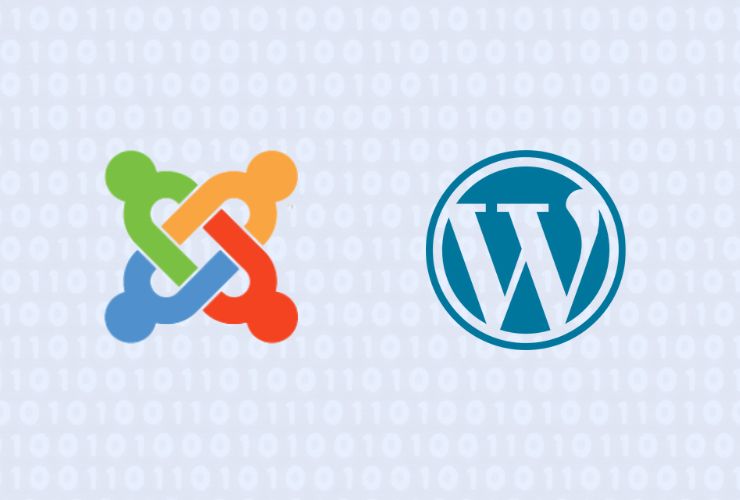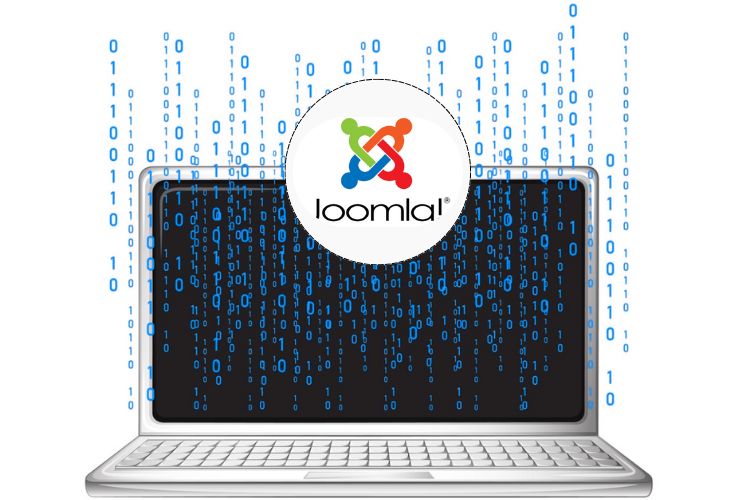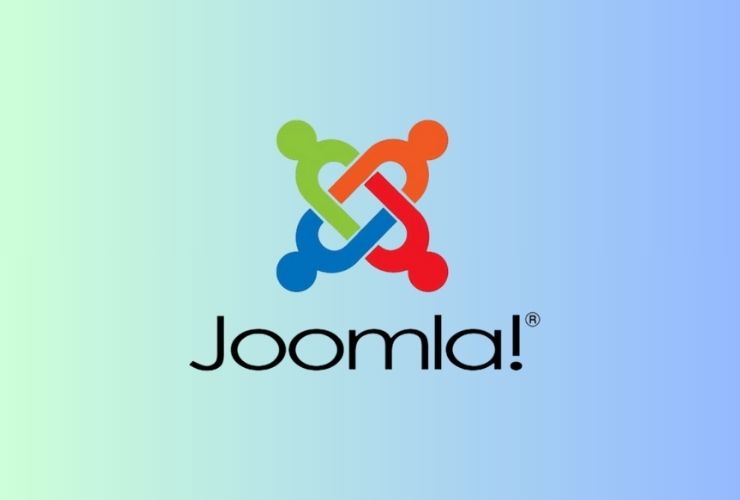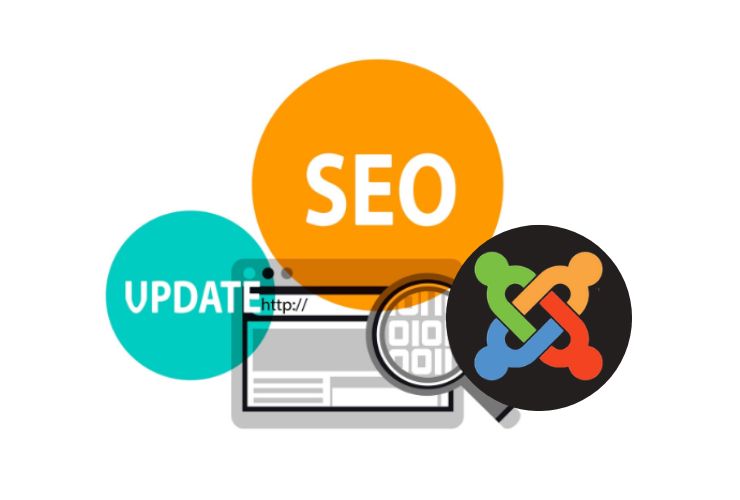When building a website, one of the most important decisions you will make is what content management system (CMS) to use. Apart from design and usability, your CMS has a significant role in establishing how well your website performs in search engines. Joomla and WordPress are two of the largest content management systems in use today and both provide significant and varied options for search engine optimization (SEO); but which is better to drive organic website traffic?
This in-depth comparison compares how Joomla and WordPress support core functions in SEO, such as URL structure, ease of handling meta data, performance, mobile responsiveness, sitemap generation, technical flexibility, and security. Whether you are building a basic blog, a corporate website, or a large eCommerce platform, this overview will support you in making a reasoned decision for long-term SEO performance.
1. Search Engine Friendly (SEF) URL Structure
WordPress provides a simple and convenient way to complete clean, readable URLs. WordPress’ permalink settings are available in the dashboard and are easily accessible. Additionally, they can be customized for each post or page. This level of customization makes it easy to create keyword focused links that are readable for humans. Generally, search engines prefer readable links for indexing purposes.
Joomla supports SEF URLs as well but requires a little more configuration. Users need to provide the SEF settings in the global configuration and include changes to the .htaccess file to apply clean URLs. The extension sh404SEF module can enhance URLs even more. This means Joomla can also be configured to produce clean URL structures, though it is less intuitive for a beginner.
Verdict: Both content management systems can create clean URLs. However, WordPress makes this happen much quicker and easier, especially for non-technical users.
2. Meta Tags and the content Daily
In WordPress, well-known plugins like Yoast SEO, All in One SEO, and Rank Math provide users with advanced ways to manage on-page SEO factors like meta title, meta description, canonical URLs, schema markup, and focus keywords. These tools provide recommendations in real-time to assist with optimizing content for search engines, making them highly beneficial for both novice and advanced users.
With Joomla, you can manually edit meta titles and descriptions within the article manager. If you want to fully utilize features such as structured data, canonical URLs, or even automatic metadata generation, you would need to install an extension such as EFSEO or sh404SEF. While these extensions have powerful capabilities, they require more management compared to a plugin, such as WordPress.
Takeaway: WordPress offers a better fit, seamless, and guided experience with managing meta data and optimizing content for search engines.
3. Site Speed and Performance
Site speed directly affects rankings, and both Joomla and WordPress can load quickly with the right setup. However, the platform’s configuration mainly determines performance.
Performance with WordPress can be inconsistent because WordPress relies on third party themes and plugins. If you use a poorly coded theme or bloated theme could cause your site to have slow load times. Luckily there are many performance plugins for WordPress including W3 Total Cache, WP Super Cache and LiteSpeed Cache that can work to improve the speed.
By default Joomla is lightweight, and includes built-in caching and Gzip compression. Joomla tends to run larger and faster out of the box on shared hosting services. A lot of Joomla performance usually gets optimized with just a few plugins so lots of site with Joomla typically continue to load very fast and more stable with less regular maintenance.
Verdict: Joomla is better native performance, but WordPress can achieve similar performance through careful optimization.
4. Mobile Responsiveness
Joomla and WordPress are fully responsive! The availability of modern templates and themes both offer the ability to create websites that behave appropriately across devices.
As mobile-first indexing is now the standard for Google, it is essential that your site is responsive for SEO purposes. The majority of Joomla templates use frameworks such as Bootstrap, and most WordPress templates are mobile-optimized from the outset.
Verdict: Both CMS platforms have equal abilities when thinking about mobile responsiveness and your success will be selecting a well-coded theme or template.
5. Sitemap and Robots.txt Management
Sitemaps and robots.txt files make it possible for search engines to crawl your site more easily. When these files are set up correctly, search engines can index and rank important pages, while ignoring duplicate pages and irrelevant pages.
WordPress does awell in this aspect with the help of plugins like Yoast SEO and Rank Math that follow the exact same principles as it relates to automated files. WordPress allows you to define a sitemap simply by enabling a checkbox. After that, WordPress will dynamically generate an XML sitemap and you are provided simple interface in the admin page to define the robots.txt and .htaccess files. The majority of users will not have to do anything after defining their site’s settings.
Joomla can also generate sitemaps if an extension like OSMap is installed (free and paid versions available). While users can always edit the robots.txt file as standard in the Joomla installation package, they will typically do it manually or via FTP depending on their hosting environment. For experienced Joomla users who are comfortable writing code for their sites will love Joomla’s flexibility – but it is less automated as compared toWordPress, which is hugedifference.
Verdict: WordPress was more automated and easier to manage your sitemap and robots.txt file.
6. Stability in Security and SEO
Security on a website is linked directly with SEO. If a website gets hacked, it can either get deindexed, be penalized, or display a warning in the search results. Uptime, malware protection, and spam protection can serve to protect your SEO reputation.
WordPress, because of its popularity, is often hacked. WordPress security can be extremely strong when properly managed, but users need to be diligent in performing testing of plugins, updates, backups, and using security tools, such as Wordfence or Sucuri. Having sloppy plugin hygiene can leave openings that can introduce security vulnerabilities and affect your SEO positioning.
Joomla is more secure out of the box. Joomla has support for Two-Factor Authentication (2FA), can limit user capabilities and controls, has built in security settings to use, and gets rid of unreasonably large numbers of plugins that provide ways into the website by hackers.
Conclusion: Joomla provides stronger native security and maintains SEO stability while relying less on third party tools.
7. Flexibility and Technical SEO
Advanced SEO often requires control over elements like pagination, canonical tags, structured data, and URL parameters. Developers and technical SEO professionals appreciate platforms that provide this level of flexibility.
For WordPress users, plugins are extremely important when it comes to managing Technical SEO. The plugins are fairly powerful, and easy to use, but can sometimes conflict with each other or with the theme itself.
With Joomla, much of the control is done through the backend interface and the template system. Developers can adjust SEO settings manually and directly, requiring less reliance on plugins, all creating a cleaner, more controlled environment.
Conclusion: Joomla provides superior technical flexibility; it is better for developers, and advanced SEO users.
Conclusion: Joomla or WordPress for SEO?
Both Joomla and WordPress can produce very competent SEO performance—but in different ways.
WordPress is a better platform if you want a user experience that is user-friendly, has powerful plugins that let you use SEO without technical understanding. With a large community, and plugins and industry-wide SEO integration, WordPress is perfect for bloggers, small business owners, and easy to use content platform.
Joomla is better suited for developers, agencies and businesses looking for configuration and other asset control when approaching the technical aspects of SEO, out of these two CMS options. Joomla is also more secure for development by default, and has less reliance on third-party tools to create competent performance.
In the end, your SEO will rely more on how well you moved forward with SEO best practices (creating good content, fast loads, responsiveness, security, etc.) than which CMS will work best for you. In other words, it is more
important that you (the user) are aware of the potential strengths each platform can deliver and help you determine the better option for your strengths and needs.











